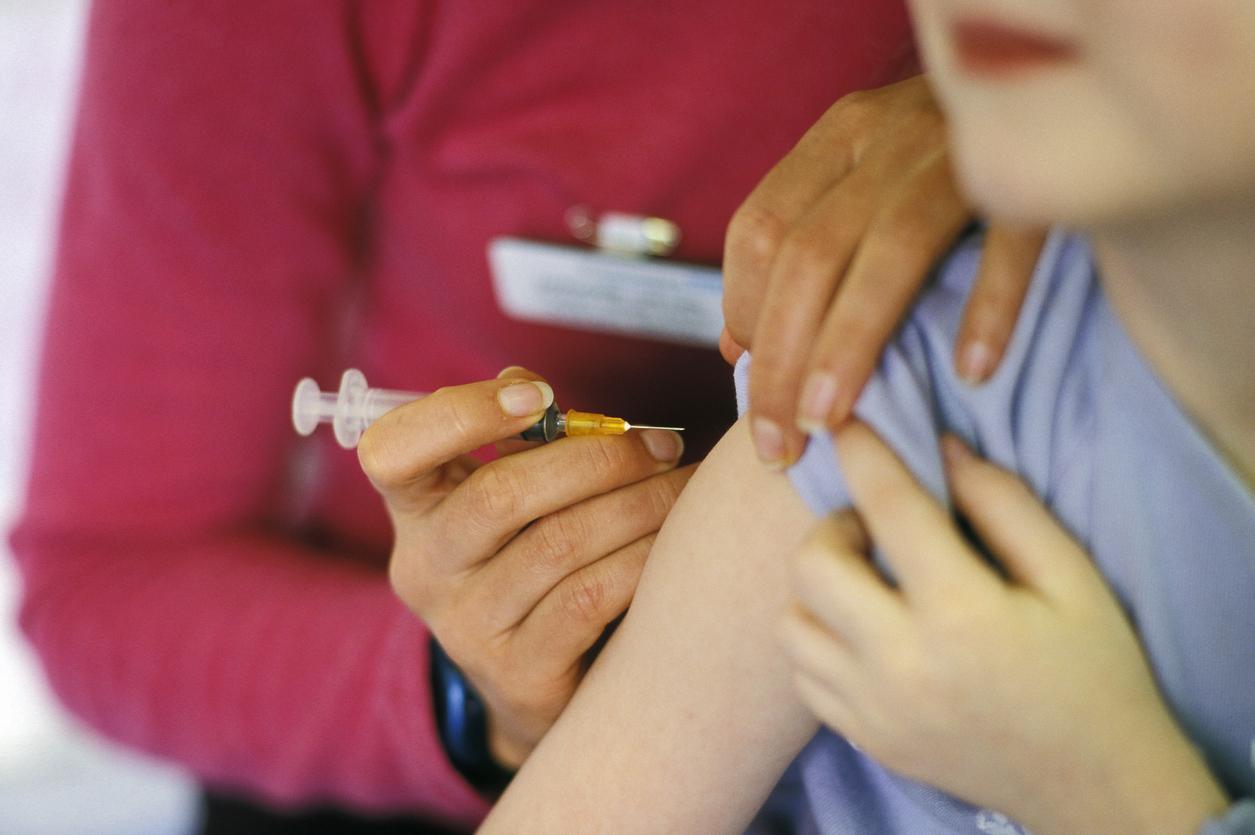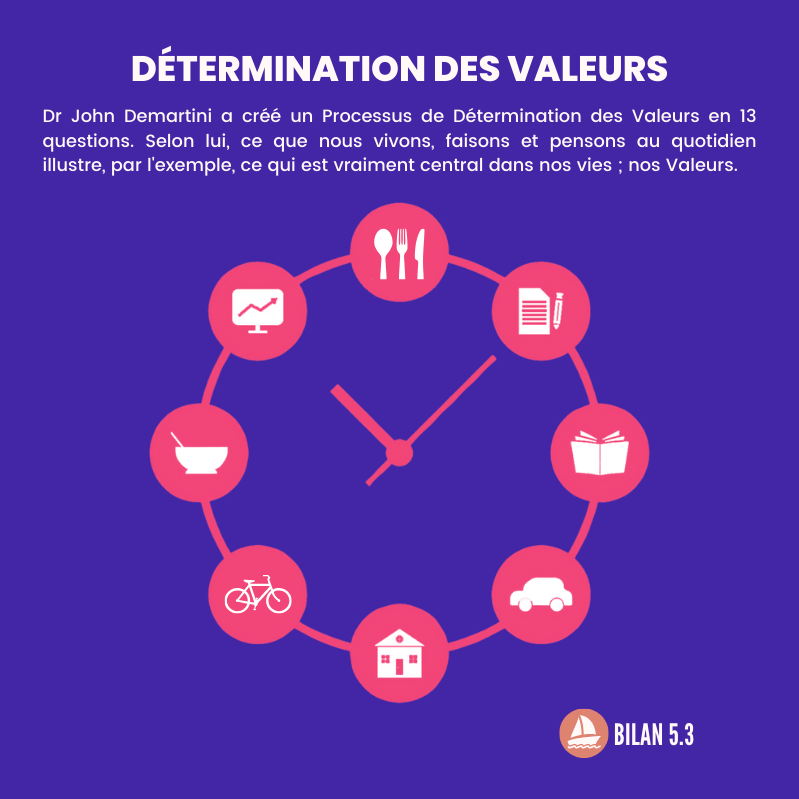The vaccine from Pfizer / BioNTech laboratories received the green light from the European Medicines Agency (EMA) and the European Commission on December 21. In France, the vaccination campaign, which will start on Sunday, December 27, will target as a priority the most fragile and elderly people, in nursing homes and hospitals, as well as the nursing staff who treat them. “It will be a very gradual start, declared Olivier Véran, guest on Europe 1 Monday morning. We are not rushing (…) We want to organize things upstream, with a pre-vaccination consultation (…) As we are addressing elderly people in nursing homes, if they cannot express their consent, we must take the time to be able to consult the family or the person of confidence. “
Compulsory vaccination: what is the government’s position?
If the government has decided to step up the pace in terms of vaccination against Covid-19, it remains very cautious on the question of the obligation and does not plan to impose it on the French, for the moment. “The question will arise when we know the properties of vaccines”, declared Gabriel Attal, his spokesperson, on November 21. Three days later, Emmanuel Macron wanted to be more definitive: “I want to be clear, I will not make vaccination compulsory“, he said in a speech, before specifying the 1er December that he was betting on “a strategy of conviction and transparency.”
The High Authority for Health (HAS), whose role is to give the government, in complete independence, recommendations on the vaccination strategy, considers for the time being that it would be “inappropriate at the start of the campaign to make vaccination against Covid-19 compulsory“. Indeed, she justifies, the knowledge on the capacities of the vaccine to limit the contagion of the virus, is not at this stage, insufficient. In addition, there is a strong uncertainty concerning the schedule of delivery of the doses of vaccine. The HAS considers that “the obligation should only be considered when the tools of persuasion have not made it possible to achieve sufficient vaccination coverage to protect the population.”
What is the “green passport”?
Some deputies mentioned last week a “green passport“. What is it? The idea proposed by UDI MP Valérie Six is inspired by a measure taken by the Israeli government. The latter therefore tabled a bill to allow vaccinated people to priority access to certain public places. “We could take the example of Israel, which grants each vaccinated person a green passport allowing them to go to places of culture, to restaurants, ultimately to return to normal life.”
In addition, this December 21, during the Council of Ministers, Jean Castex presented a law project under the accelerated procedure in Parliament, of a “long-term health emergency management regime”. Concretely, the objective “is to prepare ourselves for the end of the state of health emergency, on April 1, 2021, and to establish a sustainable legal framework in the face of health crises”, explained Gabriel Attal. However, one of the articles is controversial, because it indicates that “the Prime Minister can, if necessary within the framework of the planned measures, subordinate the movements of people, their access to means of transport or to certain places, as well as the carrying out certain activities when presenting the results of a screening test establishing that the person is not affected or contaminated, following preventive treatment, including the administration of a vaccine, or a curative treatment. ”The possibility of mobility facilities for the vaccinated, would thus join the proposal of the deputy Valérie Six.
At this stage, no law has been discussed in Parliament and therefore passed.. Asked about this on Tuesday evening on TF1, Olivier Véran put an end to the controversy. “Vaccination against the coronavirus will not be compulsory, neither to take public transport nor to enter a restaurant”. And announced that the controversial text would eventually be withdrawn.
How can a vaccine be made compulsory?
Via a new law. Simply. “Only the legislator can make vaccination compulsory. It takes into account the benefit for the population concerned and the seriousness of the infection for which there is a vaccine”, thus specifies vaccination-info-service.fr.
The National Assembly and the Senate would obviously have to validate the project so that it can enter into force, but such a law would be neither rare nor unconstitutional. Eleven vaccines have already been imposed on children in France since 2018, and constitutional expert Jean-Philippe Derosier recently explained to the Parisian that “What is applicable to children would also apply to adults in the event of a serious global epidemic, provided that the measure is well dictated and justified by an objective of protecting public health.”
Whooping cough, hepatitis B, pneumococcus, diphtheria, mumps, tetanus, meningococcus C, measles, rubella, haemophilus influenzae type b and polio. Here is the list of the eleven compulsory vaccines – except contraindication – for French babies born from 1er January 2018. Note, however, that a refusal of compulsory vaccination is technically not subject to any criminal sanction.
Read also:
- What is an RNA vaccine?
- Medicines, vaccines: how to report a side effect?
- Covid-19 mutation: what we know
- Can we catch the coronavirus twice?
- Antigen test: why a negative result should not (too) reassure you
















